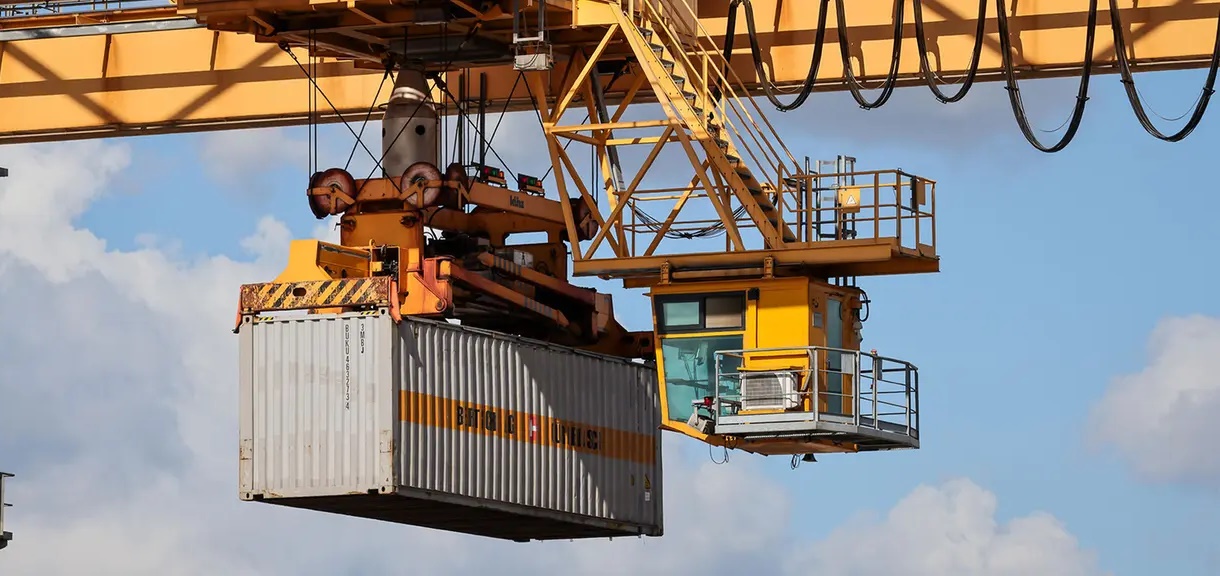German economy slipped into recession
The German economy slipped into a recession in the winter months. Inflation, which is still high, is weighing on consumer spending and slowing down economic output.

Germany’s economy shrank in the first quarter. The Federal Statistical Office in Wiesbaden revised its first estimate from the end of April downwards from 0.0 percent to minus 0.3 percent compared to the previous quarter.
“After GDP had already slipped into the red at the end of 2022, the German economy recorded two negative quarters in a row,” says Ruth Brand, President of the Federal Statistical Office. If there are two consecutive quarters of slowdown in growth, an economy is in recession according to the common definition.
However, this does not mean that the year as a whole will be negative. Mainly thanks to the mild winter, the worst scenarios did not materialize – such as a lack of gas that would have left deep scars. Nevertheless, according to experts, the prospects for Europe’s largest economy are subdued for the year as a whole. The International Monetary Fund assumes that economic growth is likely to hover around the zero line.
The decisive factor is likely to be the high rate of inflation, which in April was still 7.2 percent in Germany compared to the same month last year. “The massive increase in energy prices took their toll in the winter months. Unfortunately, there is no fundamental improvement in sight because after yesterday’s decline in the ifo business climate, all important leading indicators in the manufacturing sector are now falling,” says Commerzbank’s chief economist, Jörg Krämer.
Consumer spending fell significantly
Private consumer spending in particular fell by 1.2 percent in the first three months of the current year, and high inflation is sapping consumers’ purchasing power. According to the information, private households spent less on food and beverages, clothing, shoes and furniture than in the previous quarter.
“Under the burden of immense inflation, German consumers have fallen to their knees and have taken the entire economy with them,” judged Andreas Scheuerle from Deka-Bank. Government consumer spending also fell by almost five percent compared to the previous quarter.



